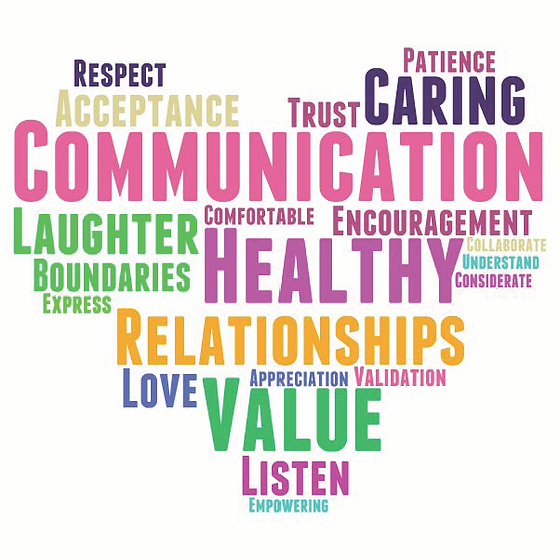As young people, we all desire to have relationships that are positive and fulfilling. Whether it’s with our friends, family, or significant others, healthy relationships are essential for our emotional and mental wellbeing. In this article, we will explore the importance of healthy relationships, the benefits they bring, and provide some online resources to help you build and maintain positive relationships.

Why Healthy Relationships Are Important
Healthy relationships are built on trust, communication, respect, and empathy. When we have healthy relationships, we feel valued, supported, and understood. We can be ourselves without fear of judgment or rejection. Such relationships provide us with a sense of belonging, security, and stability. They also help us to develop our social skills, emotional intelligence, and self-confidence.
On the other hand, unhealthy relationships can have a detrimental effect on our mental and physical health. They can lead to stress, anxiety, depression, and even physical abuse. They can also impact our academic and career success, as well as our ability to form positive relationships in the future.
The Key to Happiness and Success
When we surround ourselves with people who support, encourage, and challenge us, we feel happier and more fulfilled. Positive relationships can help us achieve our goals, navigate difficult times, and maintain a sense of purpose and direction in life. In contrast, negative relationships can drain our energy, decrease our self-esteem, and hold us back from reaching our full potential. Whether it’s with family, friends, romantic partners, or co-workers, investing in healthy relationships is one of the most important things we can do for ourselves.
#KEYTOHAPPINESS

Benefits of Healthy Relationships
Having healthy relationships can bring numerous benefits to our lives. Here are just a few:
- Improved mental and physical wellbeing: Healthy relationships can reduce stress, anxiety, and depression, and improve our immune system, heart health, and longevity.
- Increased self-esteem and confidence: When we feel valued and respected in our relationships, we tend to have higher self-esteem and confidence.
- Better communication skills: Healthy relationships require effective communication, which can help us to develop better communication skills in all areas of our lives.
- More positive outlook on life: When we have supportive and positive relationships, we tend to have a more optimistic and hopeful outlook on life.
- Greater academic and career success: Healthy relationships can provide us with emotional and practical support that can help us to achieve our academic and career goals.
How to Build and Maintain Healthy Relationships
Building and maintaining healthy relationships requires effort and commitment from both parties. Here are some tips to help you build and maintain healthy relationships:
- Be honest and respectful: Honesty and respect are the foundation of healthy relationships. Be truthful and respectful in your communication with others.
- Listen actively: Listen to others with an open mind and without judgment. Try to understand their perspective and feelings.
- Communicate effectively: Use “I” statements instead of “you” statements when expressing your thoughts and feelings. Avoid blaming or attacking others.
- Set boundaries: It’s important to set boundaries in your relationships to ensure that your needs and feelings are respected.
- Seek help when needed: If you are having trouble in your relationships, seek support from trusted friends, family members, or professionals.
In conclusion, healthy relationships are essential for our happiness and success. They provide us with emotional and practical support, help us to develop our social skills and emotional intelligence, and improve our mental and physical wellbeing. By following the tips above and seeking help when needed, we can build and maintain healthy relationships that will benefit us for a lifetime.

